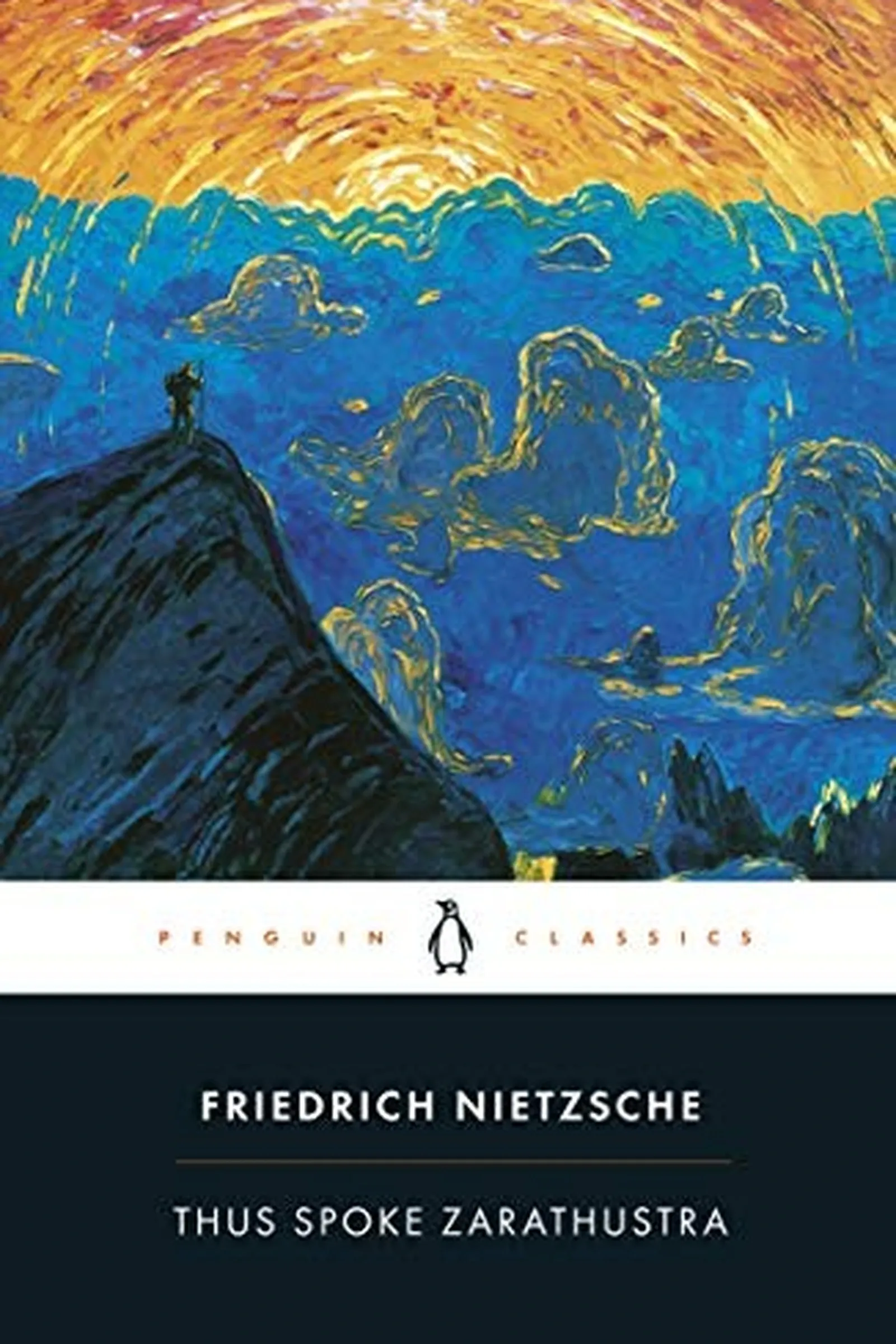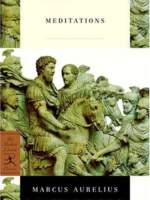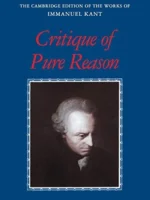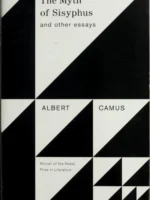Thus Spoke Zarathustra, Friedrich Nietzsche, 1883
- Author: Friedrich Nietzsche
- Genre: Philosophy
- Publisher: Penguin Classics
- Publication Year: 2021
- Pages: 352
- Format: Paperback
- Language: English
- ISBN: 978-0140441185
- Rating: 4,2 ★★★★☆
Thus Spoke Zarathustra Review
About
Friedrich Nietzsche’s Thus Spoke Zarathustra (1883–1885) is both a philosophical treatise and a mythic poem. It reads like scripture for a world that has lost its gods. Through the voice of Zarathustra—a prophet who descends from his mountain to teach humanity—Nietzsche explores morality, self-overcoming, and the birth of new values. It’s challenging, provocative, and beautiful in its strangeness.
Overview
The book unfolds in parables and proclamations rather than argument. Zarathustra preaches the death of God, the rise of the Übermensch (the “overman”), and the idea of eternal recurrence. The tone alternates between prophetic and playful, sacred and mocking. Nietzsche rejects complacency and calls readers to rebuild meaning themselves—to embrace struggle and joy without the crutch of divine order. It’s philosophy as art and performance.
Summary
(light spoilers) Zarathustra leaves his solitude to share his vision with humankind, only to find that most cannot bear it. His teachings—about freedom, power, and creative destruction—are misunderstood or rejected. The narrative cycles through revelation, rejection, and renewal, mirroring the eternal return he describes. The final sections turn inward, as Zarathustra learns that transformation begins not with preaching but with acceptance of life’s totality, including its suffering. It’s less a story than a spiritual experiment, daring readers to rethink what it means to live fully.
Key Themes / Main Ideas
• Self-overcoming — becoming who you are through struggle.
• The death of God — moral freedom and its consequences.
• Eternal recurrence — affirming existence, even its pain.
• Creativity — life as art and will.
• Solitude — truth found outside conformity.
Strengths and Weaknesses
• Strengths — Poetic, visionary, unforgettable.
• Strengths — Combines philosophy, myth, and literature.
• Weaknesses — Obscure and demanding; often misinterpreted.
• Weaknesses — Its style can alienate readers seeking clarity.
Reviewed with focus on themes, audience, and takeaways — Friedrich Nietzsche
| pa_author | Friedrich Nietzsche |
|---|---|
| ISBN | 978-0-393-91522-6 |
| pa_year | 1969 |
| Pages | 328 |
| Language | English |







